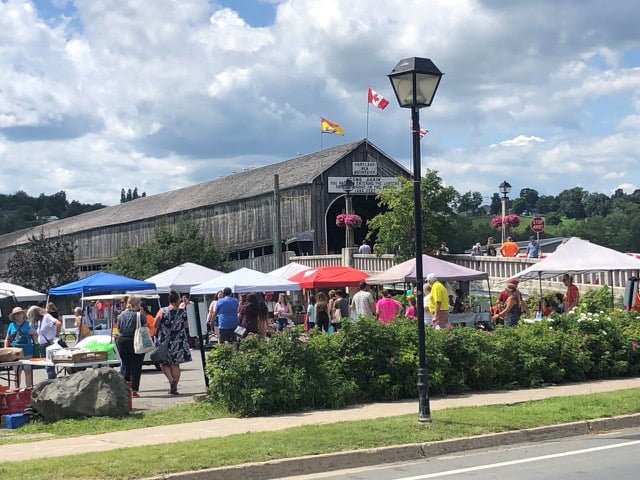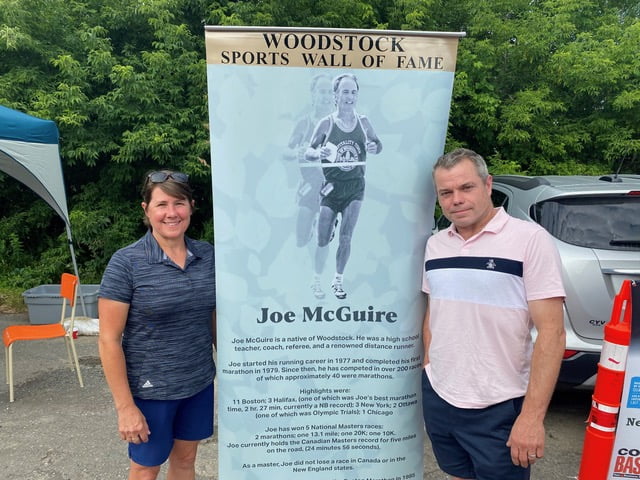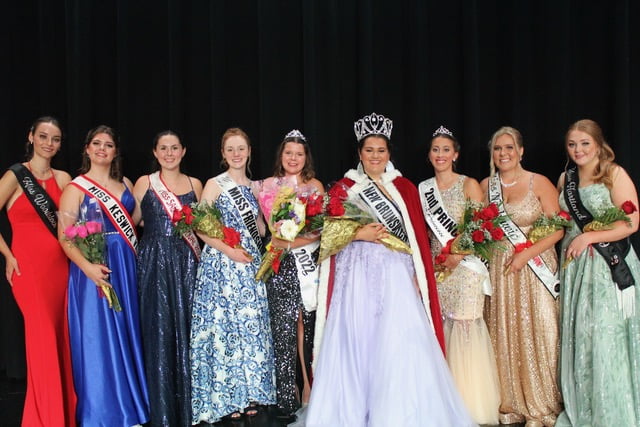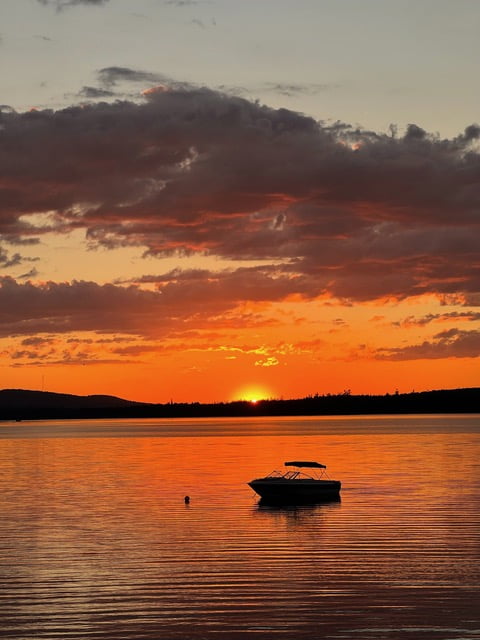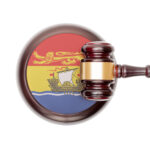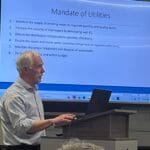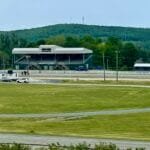Conservative, Liberal, and Green parties share responses to questions
The Wolastoqey Nation of New Brunswick (WNNB) has released a culmination of provincial political parties’ responses to six questions reflecting Wolatoqey priorities leading into the provincial election. The curated questions and responses are being shared to inform Indigenous communities and allies as they cast their ballots box this fall.
New Brunswick’s Progressive Conservative Party, Liberal Party and Green Party responded to topics surrounding jurisdiction, aboriginal title, aboriginal and treaty rights, systemic racism, consultation process and policing and enforcement.
“Their responses provide insight into how each of the parties would be in relationship with us should they form a government,” said Chief Allan Polichies. “This information is crucial for Indigenous peoples and all New Brunswickers as they consider their choices in the upcoming provincial election.
“The people of New Brunswick deserve to know where those who seek to lead this province stand on these vital issues.”
In a release issued shortly after the report, the Wolastoqey chiefs expressed their particular concern over the responses from the Conservative Party of New Brunswick.
“Notably, we find the PCNB position on Wolastoqey treaty rights deeply troublesome and offensive. The PCNB response notes that they ‘respectfully disagree … that land title has been unceded’ and repeats their disinformation narrative about private landholders. This is blatant fearmongering and unconscionable. We are looking for a government that wants to build a forward-looking relationship with First Nations, not a backward, regressive position,” the release stated.
The chiefs also noted that the Green and Liberal parties acknowledged the need for policies and initiatives that combat systemic racism in New Brunswick. The PCNB response, they said, “looks like a departmental list of patchwork past promises (many that have nothing to do with Wolastoqey communities) written by a bureaucrat buried deep in the maze of Chancery Place cubicles. The PCNB missed the opportunity to offer fresh, future-focused ideas.”
All of the responses to the questions have been compiled into a publicly available report. WNNB will continue to share individual responses with members over the coming weeks.
Summarizing the main priorities, the Liberals maintained that they wanted to negotiate new tax agreements, and the Greens stated they will reinstate the province’s tax agreements with the First Nations. Meanwhile, the Progressive Conservatives stand by their decision to dissolve the tax agreements with First Nations in New Brunswick.
The Liberals and Greens also promise to acknowledge treaty rights. At the same time, the Progressive Conservatives maintain their stance, “respectfully disagreeing” that the land is unceded, relying on the ongoing court case.
The Progressive Conservative Party maintains they want to involve First Nations in the development of natural resources and want to make evidence-based decisions on issues of systemic racism, including updating policing standards, updating and including diverse educational resources and curriculum in schools, providing funding for events for Indigenous and racialized groups and providing support for health support programs, such as the Youth Fetal Alcohol Syndrome.
The Liberals have committed to meaningful consultation and accountability, especially regarding land-use management, while the Greens promise to implement the recommendations from Commissioner on Systemic Racism Manju Varma’s report. The Greens also want to commission an Indigenous-led independent public inquiry into New Brunswick’s justice and policing systems.
The Liberals want to review laws and the law-making process, promote inclusive hiring practices, work toward representation on boards and commissions, provide cultural competency training and strengthen anti-discrimination policies in institutions.
On Aug. 18, questions were circulated to the Progressive Conservatives, Liberals, Greens, New Democrats, and Peoples’ Alliance. The report includes the complete answers from those parties that responded.



